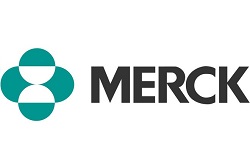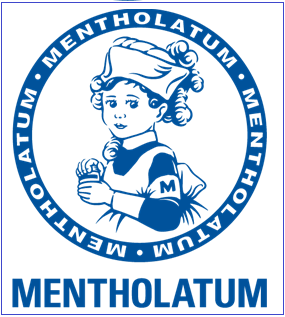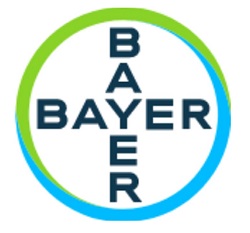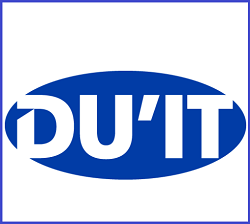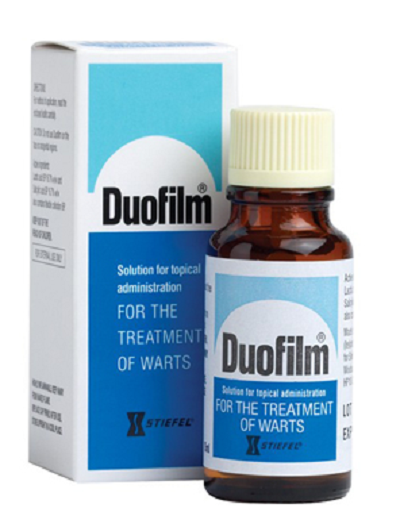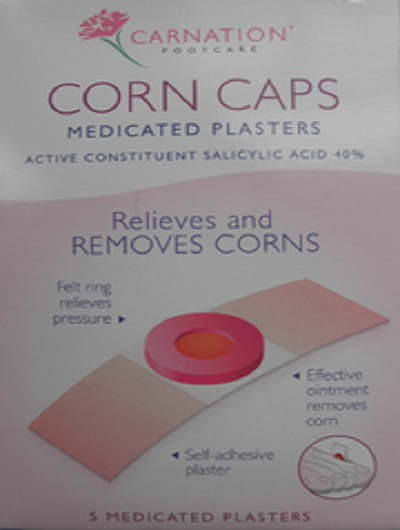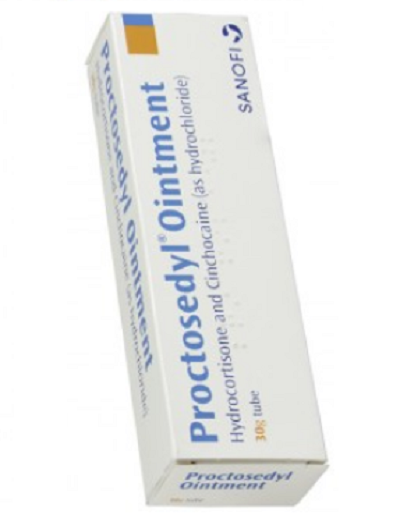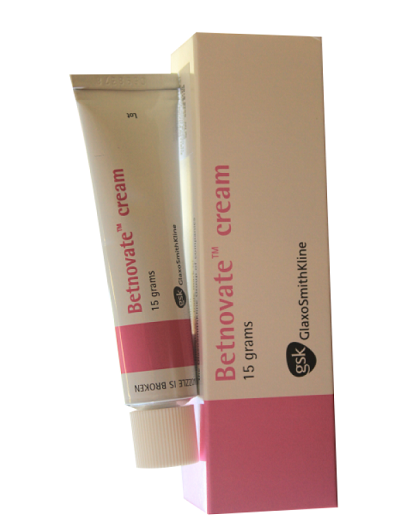Things to know about sinus surgery, endoscopic sinus surgery and other methods
The advantages of sinus surgery by endoscopy are the fast, high efficiency, safety, few complications, fast recovery of patients.
Contents
1. When should sinus surgery?
Sinuses are a system of hollow cavities located in the cranial cavities of the face. These sinuses are located near the nose and both have holes in the nose so that sinus secretions can drain out. A total of 5 types of sinuses include: sinus sinus, frontal sinus, the anterior sinus, the posterior sinus, the butterfly sinus. The sinuses have an important function, helping to lighten the head bone mass, warm the air before entering the lungs, and resonate sounds to create a unique voice for each person.

Sinusitis is an inflammation of one or more sinuses. Inflammation causes the lining of the sinuses to swell, sinuses blocked, form pus, the patient has a runny nose, headache , discomfort. There are two possible types of sinusitis: acute sinusitis and chronic sinusitis. Acute sinusitis usually does not last more than 4 weeks. While chronic sinusitis lasts more than 12 weeks, it relapses into several episodes a year. Sinusitis, if not treated promptly, will lead to many dangerous complications on respiratory organs, eyes, cranial nerves, ...
Sinus surgery is the treatment of sinusitis indicated in the following cases:
- Patients with chronic rhinitis, failed medical treatment, recurrence 4-5 times a year.
- The symptoms of sinusitis affect the patient's quality of life and work.
- Complications of advanced sinusitis threaten the health of the patient.
- Fungal sinusitis: invasive fungal, fungal tumors
- Complicated acute sinusitis patients.
- Patients with sinusitis due to abnormal nasal anatomy such as deviation of the nasal septum, nasal polyps , septum spines, rhinosis, atelectasis of the jaw sinuses, nasal conchabullosa, ...
Relationship between sinusitis and nasal sinus polyps
2. Sinus surgery advantages
Currently, methods sinus surgery nasal endoscopic (fess: Functional endoscopic Sinus Surgery) made very popular, replace virtually all the classic surgical method before. Laparoscopic surgery is less invasive, only performed inside the nose, not the skin incision. Through video images captured from the camera inserted into the sinuses, the doctor will use the tools dedicated to laparoscopic surgery to perform procedures to widen the sinus opening, restore drainage in the sinuses, orthopedic nasal septum, rhinoplasty, ... depending on the patient's condition.
Advantages of sinus surgery with endoscopy are:
- The clear endoscopic images help the doctor accurately assess the condition of the disease. If the radical surgery was previously, the mucosa is completely removed, then with laparoscopic surgery, the doctor will only remove the pathology cleanly, preserve as much as possible of the healing mucosa and the pathological mucosa, but assess whether recoverable. Reversible sinus mucosa is the basis of healing.
- Endoscopic surgery is safe, reduces pain, has few complications, and the patient recovers quickly. After surgery, once the condition stabilizes, the patient can return home within the day without being in the hospital.
- Aesthetic factor guaranteed due to no skin incision.
- High efficiency: most of post-operative patients have a marked improvement in their condition.

3. What to prepare before sinus surgery
- Arrange schedule, take time before and after surgery to prepare for surgery and recover after surgery. Two weeks after surgery is a very important time in the recovery process, so no important intentions should be made during this time.
- Smoking cigarettes will make patients more susceptible to complications after surgery. Therefore, in preparation for sinus surgery , patients and their relatives should quit smoking to ensure the health of the patient.
- Patients will have a physical exam to make sure they are well enough to perform surgery.
- Patients need to fast before the surgery of the sinuses at least 6 hours, do not drink water for at least 2 hours before surgery. Patients need to inform the doctor about the drugs they are currently using. drugs with anticoagulants must be discontinued before surgery.
- For women, it is not advisable to have surgery in the sinuses of the nose during the menstrual period, because when there is a period, the nasal cavity lining will become congested, increasing the risk of bleeding during and after the surgery.
- Keep the spirit at ease, do not be too stressful and anxious.
4. What to do after sinus surgery?
After surgery, the patient needs to take medicine as prescribed by the doctor, clean the nose with physiological saline, follow-up according to the schedule.
In the first two weeks after sinus surgery, the patient must avoid smoking, dust, and blowing the nose badly. Do not do heavy work, including intense exercise. Avoid contact with people who have flu. Don't drink a lot of alcohol, don't swim and dive.
Source: europharmas

